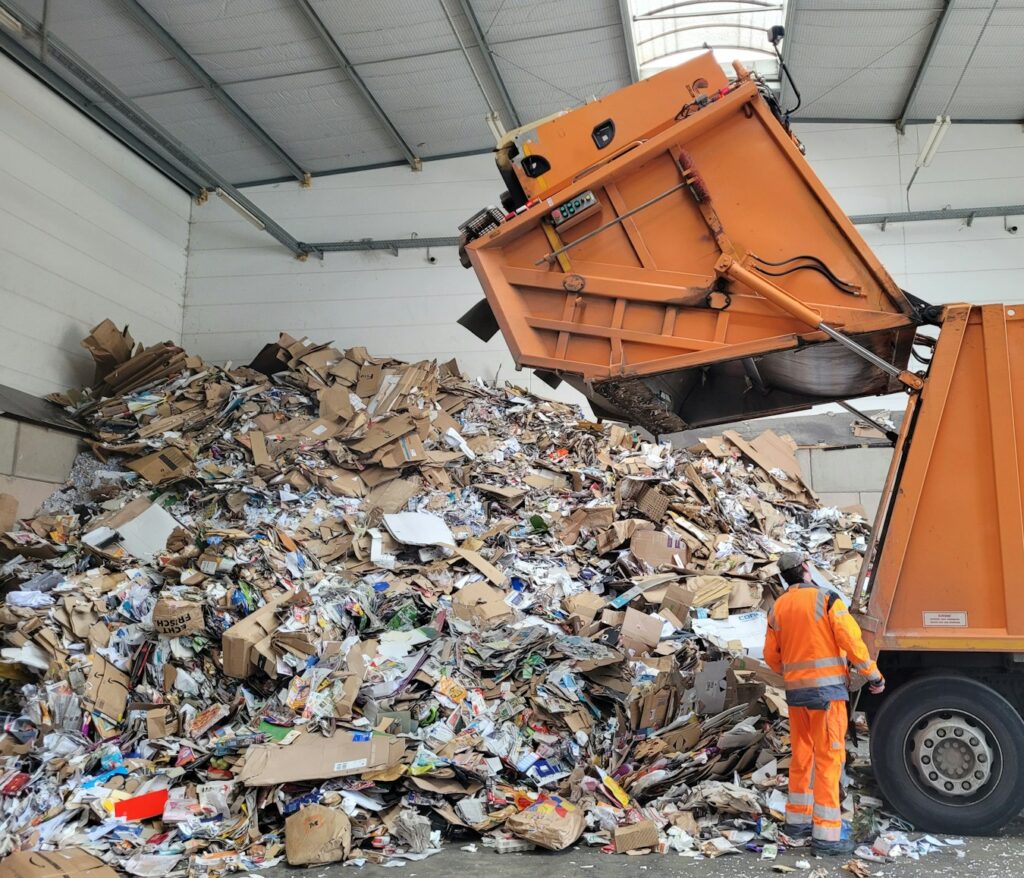Housebuilders and property developers in Newcastle will need to meet high environmental standards to help fight the climate emergency, as new local planning guidance goes beyond the current national requirements.
The new guidance, which covers energy efficiency and information required during the planning process, will apply to major applications including residential developments of 10 or more homes or non-residential buildings with 1,000 square metres of floor space.
Newcastle declared a climate emergency in 2019, with a commitment to reach net zero by 2030, 20 years ahead of the UK government’s target.
Cllr Clare Penny-Evans, Cabinet Member for climate change and public safety, said: ‘We have made a strong commitment as a city to cutting carbon emissions to net zero and homes and buildings, which account for around two thirds of the total, must play a major role in that. Ensuring that new buildings do not add unnecessarily to the carbon crisis is the least we can do.
‘Up to now a lack of progress on new national building regulations has been holding us back in being more ambitious than the national minimum. But thankfully the Government have now listened to councils and are allowing us to lead the way, driving the improvements in standards we want to see and which are essential if we are to achieve our climate change ambitions.’
Cllr Linda Hobson, Cabinet Member for housing and regulatory services, added: ‘The current national building regulations are not very onerous and do not require developers to take the steps we need to ensure new and retrofitted buildings contribute to our net zero aim. And while the Government has consulted on future home and building standards, the outcome of that review is long overdue, and any new rules not coming quick enough, so councils have to step in.
‘We are raising the bar in requesting new residential developments deliver a 15 percent cut in carbon dioxide emissions beyond the current national regulations for energy efficiency, and for non-domestic buildings to be 25 percent better than the current standard. Having spoken with the industry we are confident that the vast majority will rise to this challenge, cutting carbon dioxide emissions, and making more use of renewable and local energy options, like district heat networks.
‘Should this prove a success, we would hope to in the future revisit this guidance, raising the requirements further to ensure any development has the minimum impact it can on our environment.’
Photo by Daniel McCullough
















